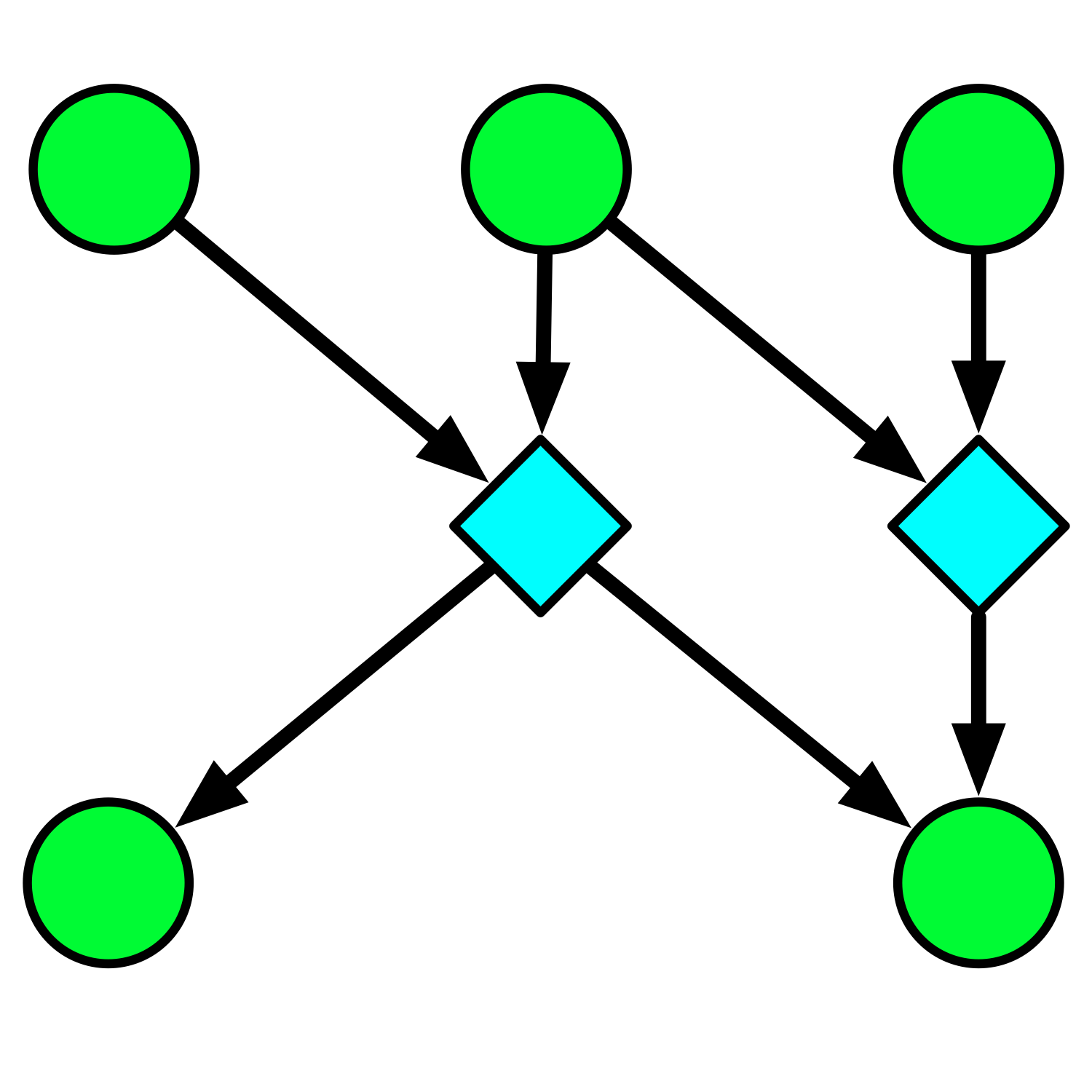Modern software frequently depends on preexisting components, which in turn have their own dependencies. Managing these dependencies (e.g., automatically downloading the correct set of prerequisites) is a substantial industry that touches nearly every software development effort. In the Java world, Maven is the dominant mechanism; Scala users may use SBT; Perl provides CPAN; other languages have more or less developed systems; and Linux package managers address essentially the same issue. These solutions remain awkward, particularly in the case of conflicting requirements specified by different components. Developers spend untold hours in the dreaded "dependency hell", trying to establish a mutually compatible set of dependencies just to allow a simple program to compile. Some see this problem as hopeless, and provide mechanisms to allow composing arbitrary components while isolating conflicting areas from one another (e.g., OSGi, Maven Shade). That is not always practical, especially for the vast majority of smaller-scale projects where such engineering investments are out of scope. At the same time, I think that we can gain some clarity on dependency management by designing the supporting infrastructure in the right way.


